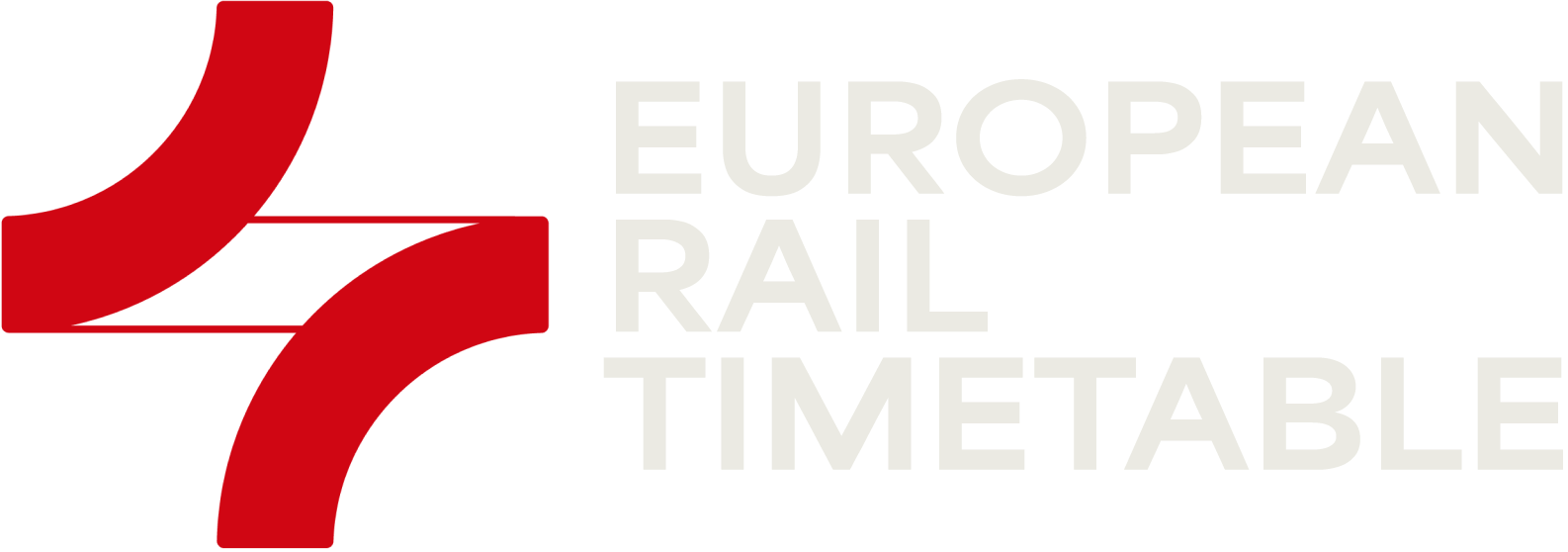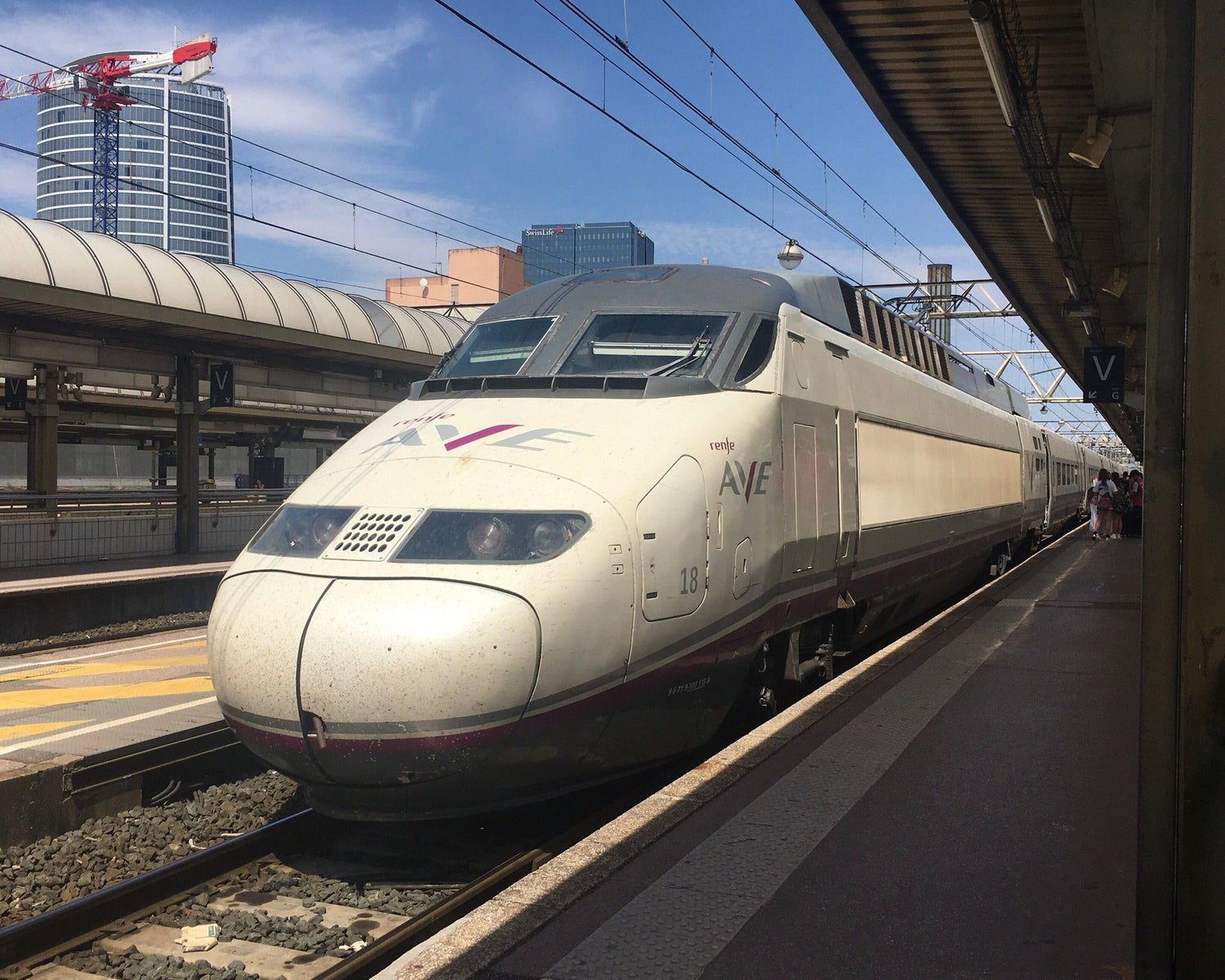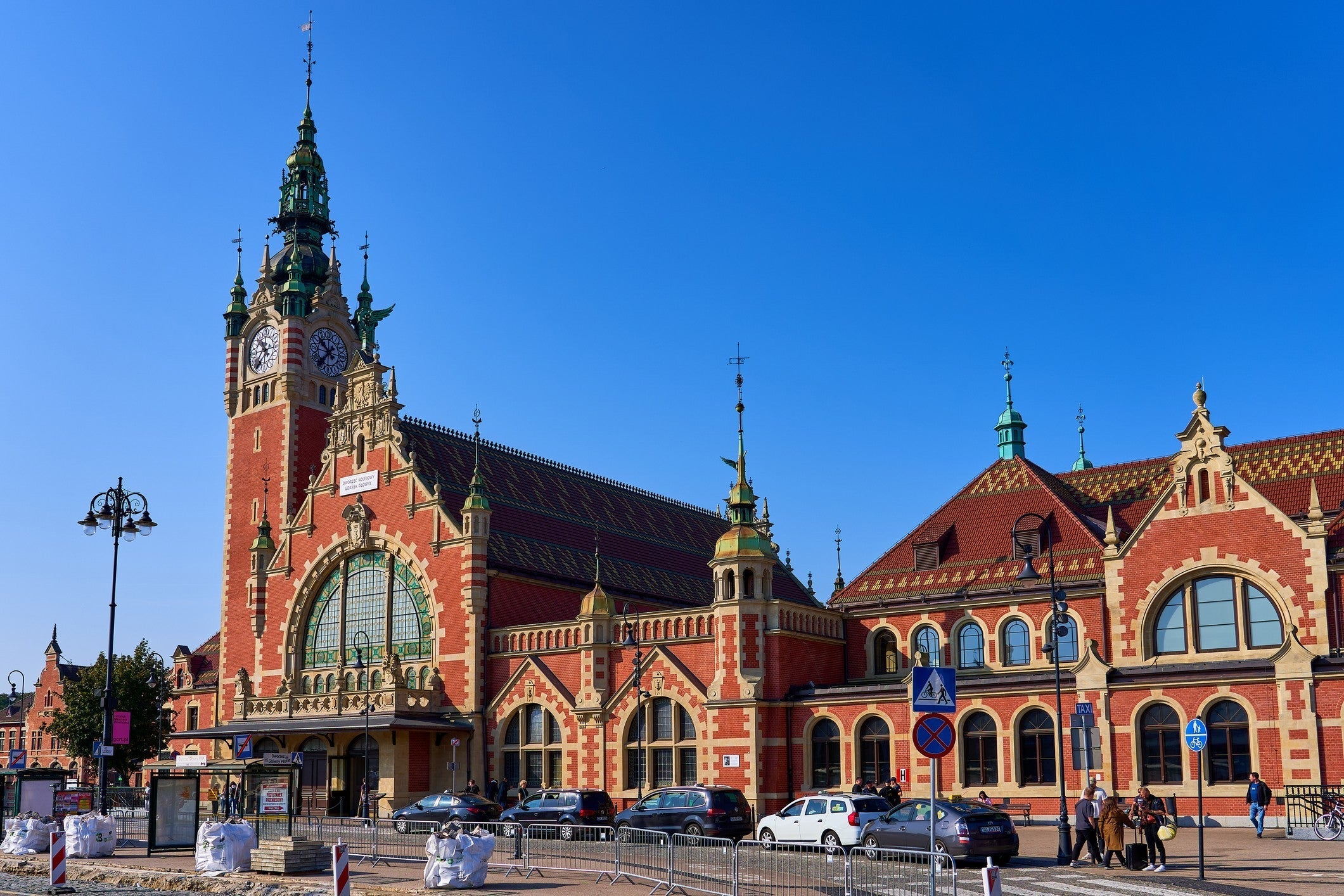The Spanish press recently reported that Spanish Railways (RENFE) was considering stopping all cross-border operations, only for a further announcement to rapidly follow that it was instead
entering a "phase of reflection".
RENFE’s first foray outside the Iberian peninsula dates back to June 1969, when it launched the Catalan Talgo, a daytime service between Barcelona and Geneve that took nine hours each way. There was even a connection offered in Avignon for journeys to and from Milano, giving one-change service between Catalonia and Lombardy, something that is much needed today.
This ground-breaking venture, made possible by Talgo’s gauge changing technology, soon expanded to include night trains from Madrid and Barcelona to Paris in collaboration with French Railways (SNCF), as well as connections to Milano and destinations in Switzerland. At one stage RENFE even offered a limited winter service from Barcelona to the French Alps.
However, as overnight rail services fell out of favour across Europe, these routes were gradually discontinued. In their place came a new joint venture with SNCF, marked by a modern twice-daily TGV service between Paris and Barcelona, alongside RENFE’s own offerings to Lyon and Marseille using its S-100 sets.
This partnership dissolved in 2021, when SNCF entered RENFE’s most profitable domestic route – Madrid to Barcelona – with its budget Ouigo brand. In response, RENFE announced its own plans to launch services to Paris in time for the 2024 Olympics, using the new Talgo Avril series 106 trains, as well as re-establishing direct services to Lyon and Marseille independently.
Unfortunately, persistent production issues at Talgo, compounded by uncertainties around ownership, have delayed certification of the Avril trains that were supposed to be deployed in France until at least 2028. In the meantime, the limited offering of just two daily services from Catalonia to France has proven unsustainable, contributing to the RENFE Groups’ substantial losses – 123 million in 2023 and a further 23 million in 2024.
Meanwhile, Spain’s push for greater competition on its railways has certainly benefited consumers. Yet, if French media reports are accurate, SNCF itself incurred a 45 million loss in 2024 from its efforts to gain a foothold in the Spanish market – though this is almost certainly negligible for a company that posted 1.6 billion in profits the same year.
Looking abroad, RENFE has sought to emulate the successful expansion strategies of its European counterparts by acquiring a 33% stake in Italy-based Arenaways and a 51% share in Czech operator Leo Express. Though it is still early days, these international investments do not appear, perhaps unsurprisingly, to be yielding encouraging results.
Given the mounting pressure from SNCF and Trenitalia, both of which have successfully siphoned traffic from RENFE’s domestic long-distance routes, it would not be surprising if the Spanish operator opts to retreat from international markets and refocus on its domestic base, where there is political pressure to resolve issues with the Madrid and Barcelona suburban networks.
The story of RENFE’s international ambitions act as a reminder that, even in an era of open borders and shared infrastructure, railways remain deeply shaped by national interests, so expansion is far from easy. Let us hope that RENFE’s board are sufficiently adept to ignore the short term wishes of their political masters and stay the course of being an international open-access operator.
Image by Usinex: Renfe 100 Class at Lyon Part-Dieu. CC BY-SA 4.0.



